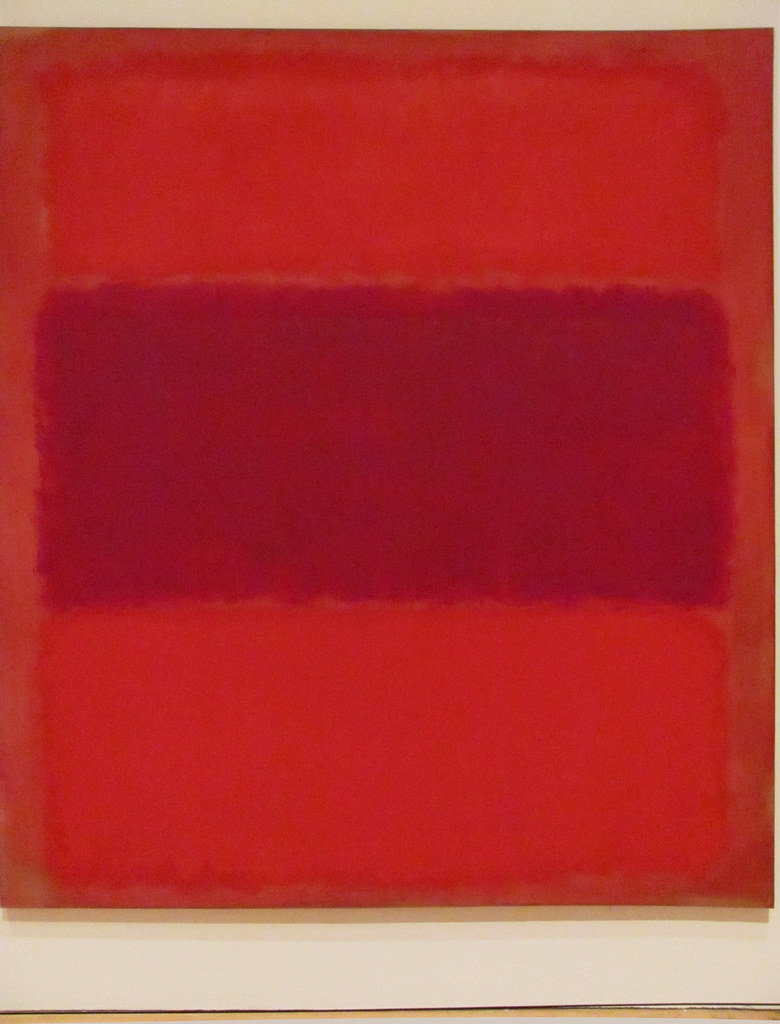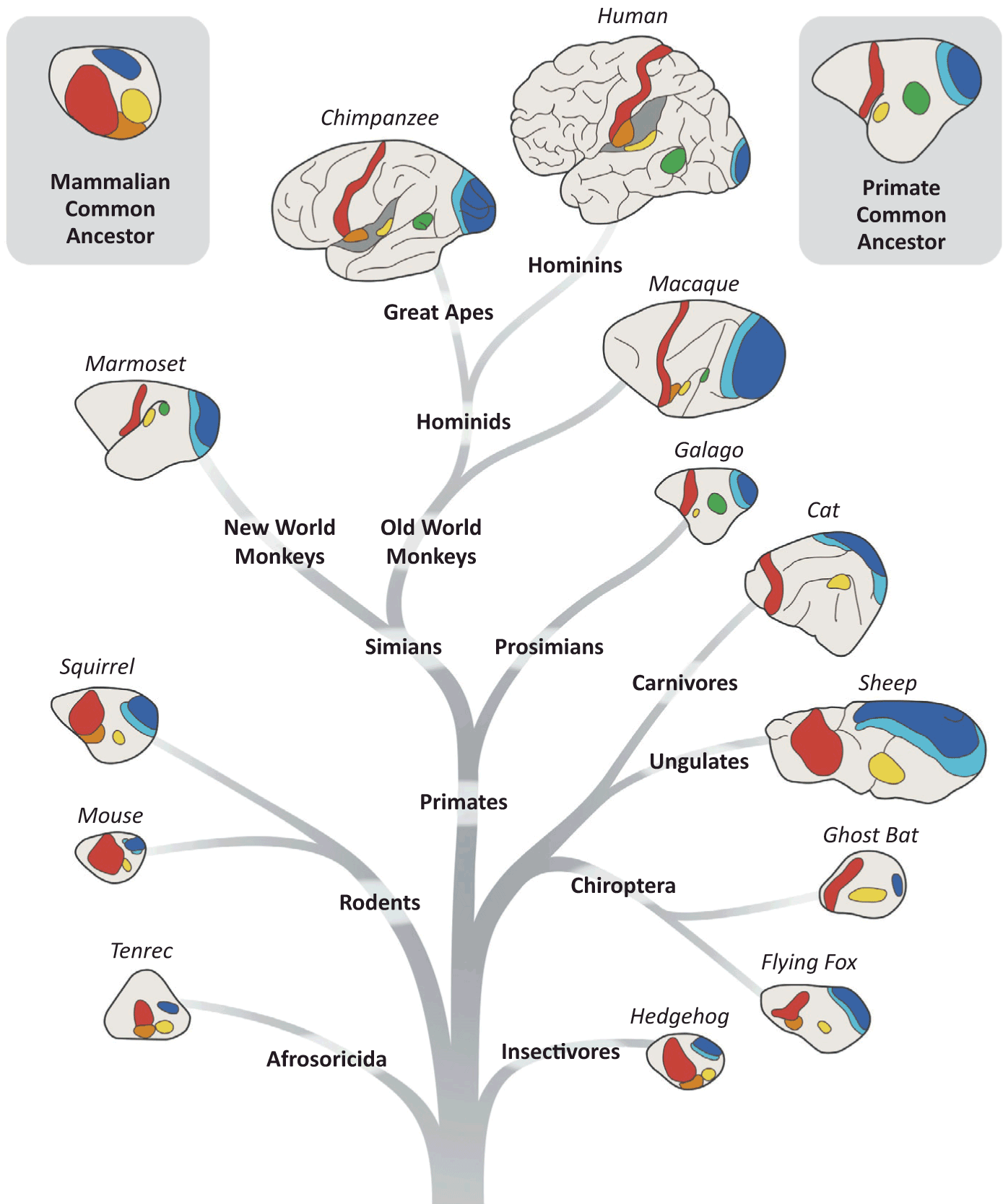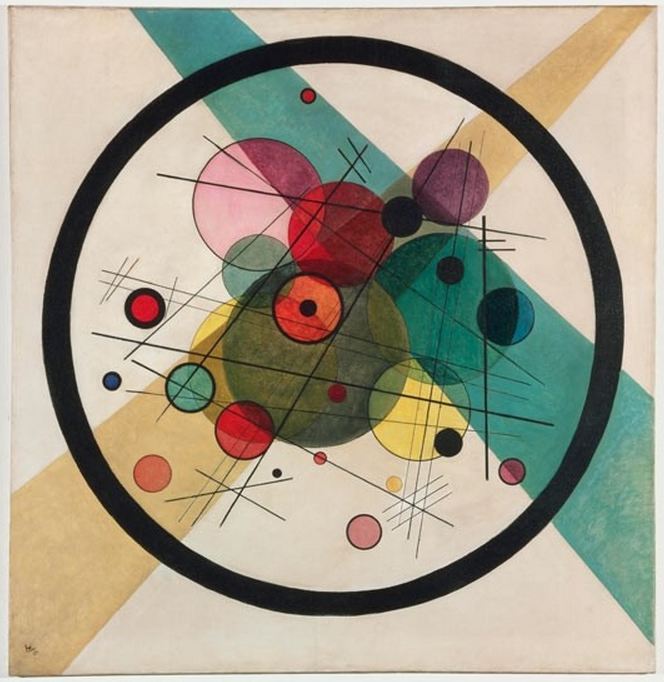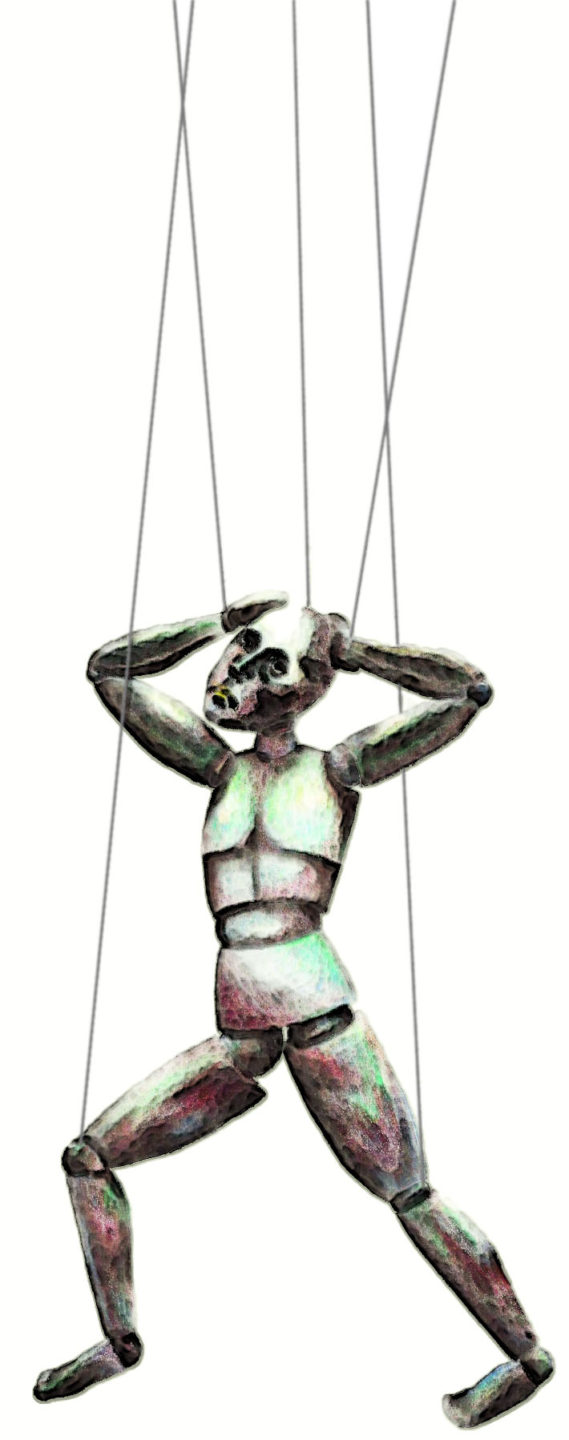3. Reducing the Phenomenal
The phenomenal concept strategy has been pursued by many different authors. The basic idea is to explain the problematic thought experiments (zombies, Mary, and the explanatory gap) in terms of the distinctive set of concepts we can use when thinking about our own access-conscious nonconceptual mental states. People differ over …






